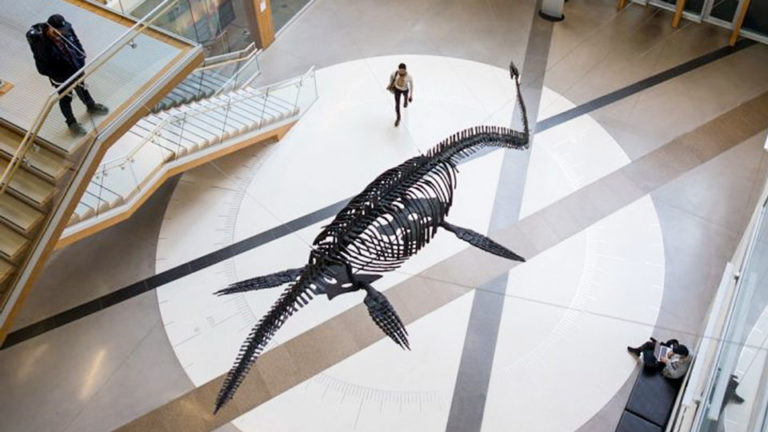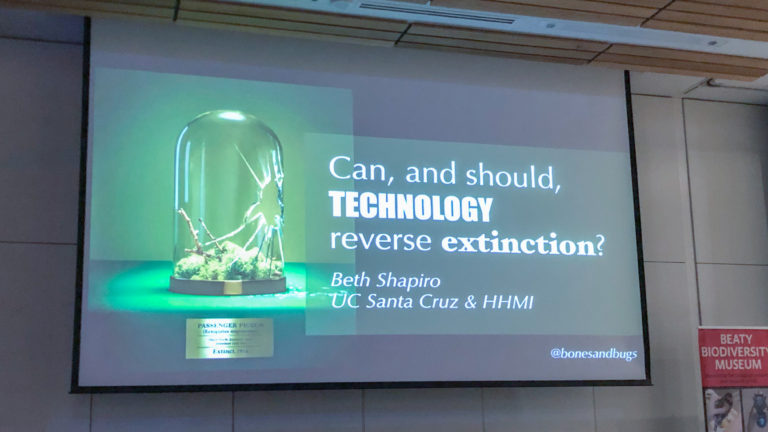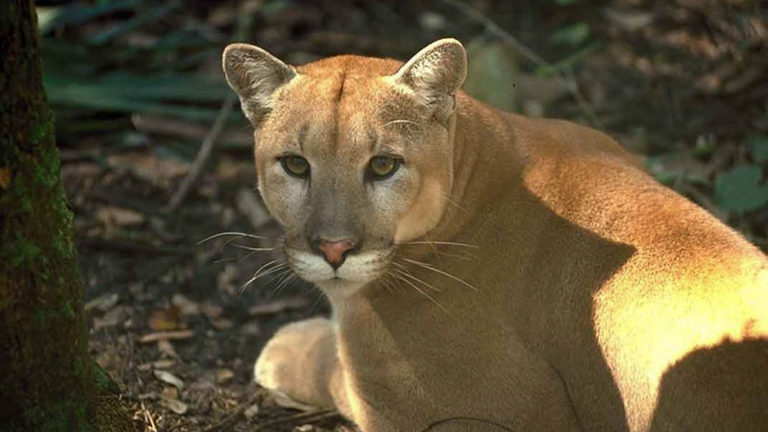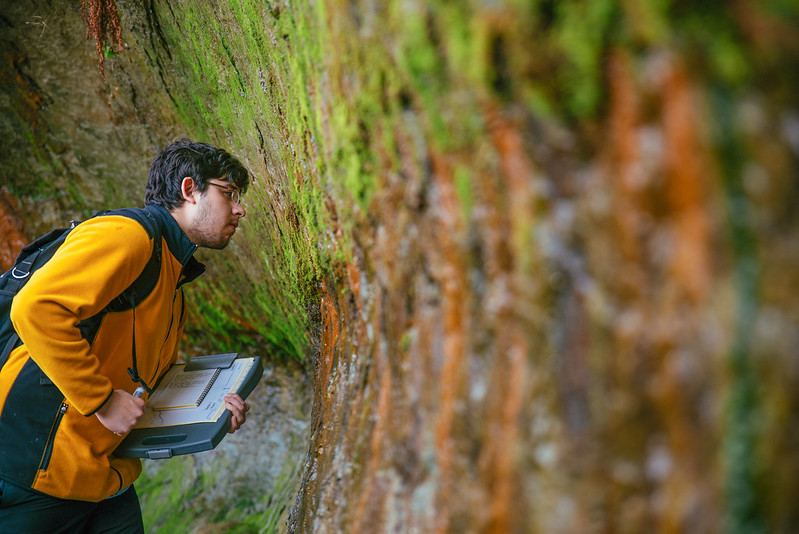
26 years after Jurassic Park captivated the masses with the potential of DNA extracted from an ancient mosquito, are we any closer to resurrecting long-extinct species?
The disciplines of paleontology and genetics have advanced significantly since the early 90’s and at the forefront of these discoveries is Dr. Beth Shapiro, a renown scientist and author. As part of the Biodiversity Lecture Series, I had the pleasure to attend her talk and learn more about the possibility to reverse extinction.

As a Kinesiology student, I came into her talk with no knowledge about paleontology or the related disciplines. I was worried that most of the talk would be inaccessible and that I would get lost in a sea of jargon. To Dr. Shapiro’s credit, I found the event to be thought-provoking and insightful into new and critical areas of research.
Beth introduced us to the stark reality that the world is currently in a biodiversity crisis and that this is a strong motivator for herself and her peers.
The bulk of the discussion centered around three paths to preserving biodiversity; status quo, genetic rescue, and de-extinction.
Each path had its pros and cons and it was interesting to see which methods were actually possible due to the advances made in science and technology. In particular the genetic rescue of specific Florida panthers intrigued me because of how it was possible to save a dying species through the science of genetics.

Beth wrapped up her talk by emphasizing that the question isn’t can we, but instead should we de-extinct species? This sparked the debate of wondering where would these species live now? Will they able to adapt or survive? How will they affect the current ecosystem? She reiterated that the focus shouldn’t be bringing species back but instead ensuring that we do our best to keep the species we have today.
Attending this event was an eye-opening experience in seeing how paleontology continues to advance. Although we may not be hatching a T-rex in our backyards anytime soon, our focus should be to ensure we all do our part in keeping current species alive and well.
The Biodiversity Lecture Series has more events lined up in the near future. I recommend it to anyone who wants to learn something new or expand their knowledge of biodiversity!

Check out other upcoming lectures from the Beaty Museum here!